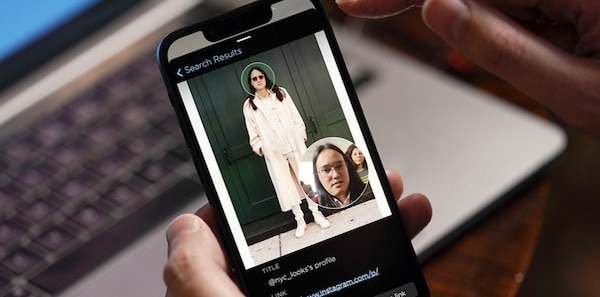A DUTCH data protection watchdog has issued facial recognition tech Clearview AI with a €30.5 million (£25.7m) fine for creating an “illegal database” of billions of faces.
The New York-based start-up pulls photos from social media and elsewhere on the internet to create a database that it sells to businesses, individuals and government entities.
The Netherlands’ Data Protection Agency (DPA) said that Clearview “has not objected to this decision and is therefore unable to appeal against the fine.”
It said that building the database—and insufficiently informing people whose images appear in the database—amounted to serious breaches of the European Union’s General Data Protection Regulation (GDPR).
“Facial recognition is a highly intrusive technology, that you cannot simply unleash on anyone in the world,” DPA chairman Aleid Wolfsen said.
If there is a photo of you on the internet—and doesn’t that apply to all of us?—then you can end up in the database of Clearview and be tracked.
This is not a doom scenario from a scary film. Nor is it something that could only be done in China.
The DPA also warned that Dutch companies using the services are also banned and that if Clearview does not end the practise, it faces additional non-compliance penalties of up to €5.1m (£4.3m).
Last week, ride-hailing app Uber was fined by the DPA for sending personal data of European taxi drivers to the United States, in violation of EU rules.
Clearview chief legal officer Jack Mulcair said the decision is “unlawful, devoid of due process and unenforceable.”
Facial recognition technology uses algorithms to identify a person by comparing a photo or video of them to a database of stored faceprints.
Police around the world use facial recognition to identify suspects or persons of interest using images from CCTV, mobile phones, dash cams or doorbell cameras, as well as their own vehicles stationed in crowded areas.
Campaigners have warned that data is likely taken without a person’s knowledge or consent and is a violation of human rights.
In June, Clearview reached a settlement in a U.S. lawsuit in Illinois alleging its massive photographic collection of faces violated the subjects’ privacy rights.

